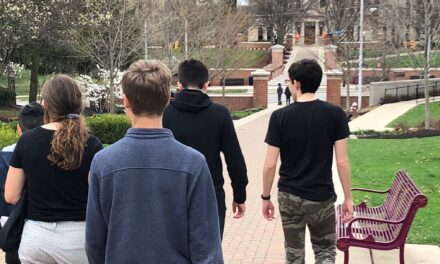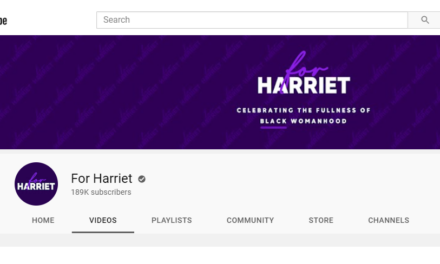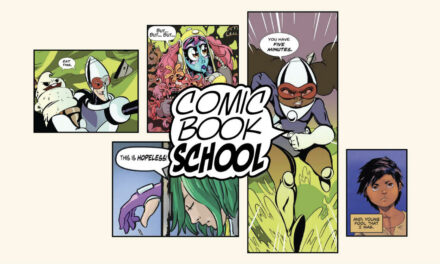A free press is a cornerstone of any free society. Lately, it’s been under attack, becoming the whipping boy of anyone looking for an easy target. Politicians and the press have an adversarial relationship, but there’s usually at least some semblance of respect. The current president has a particularly contentious relationship with the press, labeling anything he doesn’t like as fake news. At one point early on in the administration, he went so far as to call the press “the enemy of the people” in an angry tweet. All of this is a response to journalists doing their jobs, which is to hold the powerful to account using facts. There is, after all, a reason why oppressive regimes—for instance, Vladimir Putin’s—crack down on the independent press and invest in state-owned media/propaganda machines. Our founding fathers understood how important a free press is to a democracy and enshrined it in the constitution. That doesn’t keep the current POTUS from railing against it at every chance he gets.
The president and his spokespeople don’t necessarily see it this way, but the press is just doing its job. It’s pushing back, and it’s fighting with facts. As the press becomes increasingly corporatized, it becomes a much easier target. Regardless of who owns the means of production, the job remains essentially unchanged.
And it’s not just politicians who are upset with reporters these days. At the end of June, The Boston Globe reported that Hall of Fame pitcher Dennis Eckersley—who sometimes fills in on Red Sox broadcasts—was the target of a player tirade because he didn’t like what Eckersley was saying about him on air. Eckersley has never been one to pull any punches. He calls ’em as he sees ’em. Players don’t always like it. They want on-air personalities to fawn all over them, and when they don’t, they let them have it. What players don’t understand, and what many laypersons don’t recognize is that the job of the press—and Eckersley is technically playing that role in the booth—is to reveal uncomfortable truths about their subjects, whether that subject is a ballplayer or a president.
The press isn’t always perfect, which can play right into the hands of critics who are quick to jump on any error. Journalists are human. They make mistakes like people in any other profession. But as John F. Kennedy pointed out in an interview with members of the press in December 1962, nearly years into his administration, every president is always going to have issues with the press, but it is an absolutely essential component of democracy.
“I would say it’s an invaluable arm of the presidency as a check against what’s going on in an administration and more things come to my attention that cause me concern or give me information.” Kennedy added, “Even though we didn’t like it and wished they didn’t write it, and even though we disapprove, there still isn’t any doubt we couldn’t do the job in a free society without a very, very active press.”
When the current president sent “the enemy of the people” tweet, former president George W. Bush came to the press’ defense, calling it “indispensable to democracy.” In an interview with Matt Lauer on the TODAY Show, Bush had words that were remarkably similar to Kennedy’s decades earlier. “We need the media to hold people like me to account. I mean, power can be very addictive, and it can be corrosive, and it’s important for the media to call to account people who abuse their power, whether it be here or elsewhere,” Bush said.
Whether you’re a ballplayer or a politician, you probably don’t want someone standing over your shoulder pointing out your mistakes. Nobody likes that, but we must recognize that one of the core elements of democracy is a free press acting as a check against power. As Kennedy said, it would be significantly easier to operate in secrecy, but we would be far worse off without a free press—even when we don’t like to hear the uncomfortable truths.







